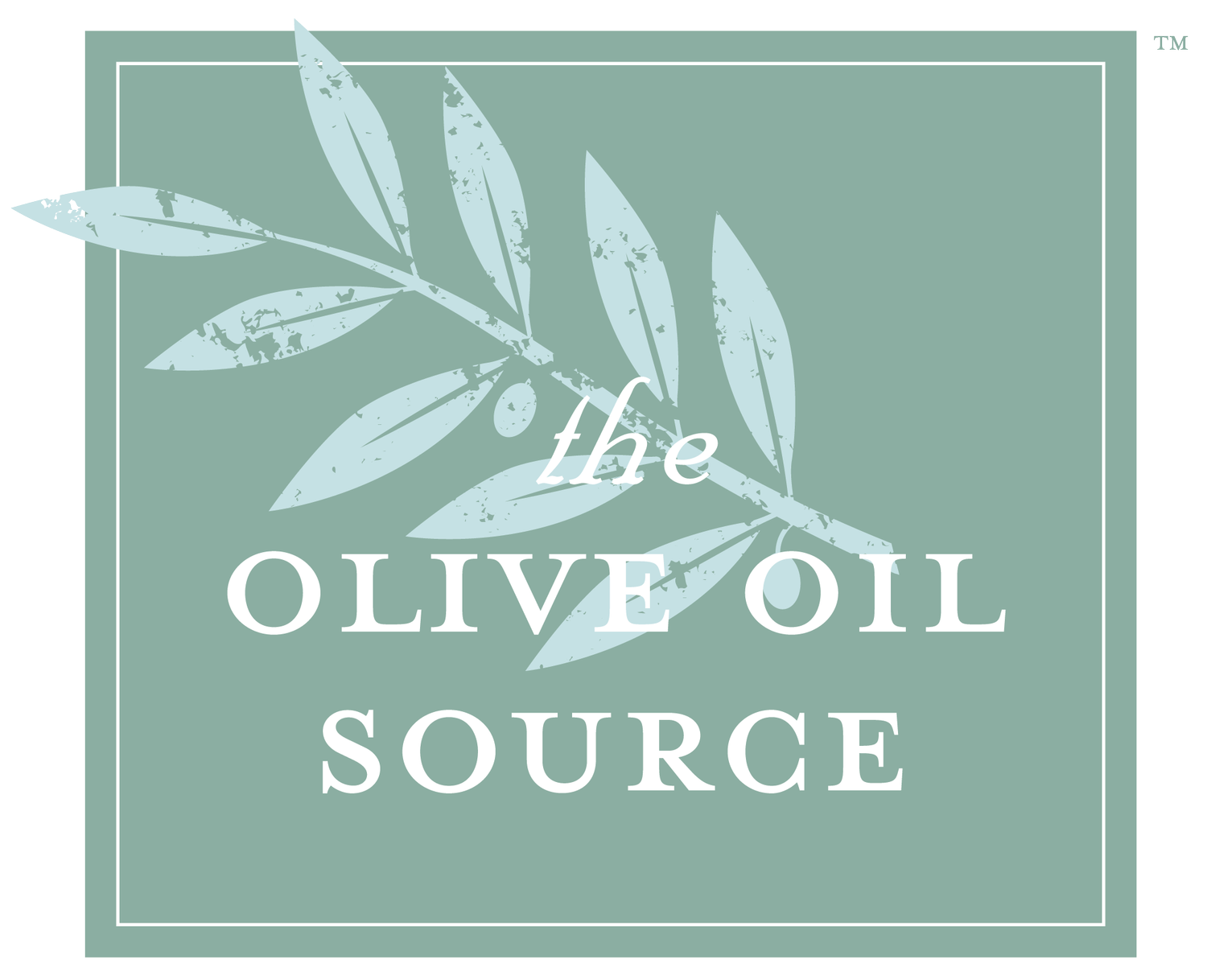
Weight Control and Olive Oil
The first thing to say about olive oil and weight control is that it is important to remember that, for all its health benefits, olive oil must be consumed is small quantities as it is high in calories (about 120 calories per tablespoon). So more is not necessarily better!
Having said that, it might seem counter-intuitive to learn that including fat in your diet can help you lose fat. But according to a September 2003 research report in the British Journal of Medicine, substituting olive oil for other saturated fats in your diet can do just that. While the study was not based on a broad range of subjects, it included eight overweight men between the ages of 24-49 years and demonstrated a clear correlation between the use of olive oil in a healthy diet and a reduction in body weight and fat mass. The remarkable aspect of this study is that the only variable was the substitution of olive oil for saturated fats.
The eight men were divided into two groups and for four weeks ate similar foods with the exception that the first group ate more saturated than unsaturated fats. The first group followed a saturated fat-rich diet based on 24% calories from saturated fat, 13% from monounsaturated fat, and 3% from polyunsaturated fat. The second group’s diet was modified to include 22% monounsaturated fats, 7% polyunsaturated fats and 11% saturated fats. The second group consumed the same number of calories as the first group, and there was no increase in physical activity in either group. At the end of four weeks, the men from the second group were lighter and had a lower body-fat index than the men who ate the saturated fats.
Another report published in the same journal found that olive oil can cause a breakdown of fats in fat cells (adipocytes). While this study was conducted on 45 laboratory animals, not humans, the results clearly indicated a relationship between the consumption of olive oil in a diet and the fat cell lypolytic (fat breakdown) activity.
There has also been published research reported by the American Diabetes Association in Diabetes Care that indicates olive oil may be beneficial to reducing belly fat and insulin sensitivity. In sum, when researchers fed type 2 diabetic patients different diets - a high carbohydrate diet, or a diet rich in either saturated fat or olive oil (Mediterranean diet) - the high carb diet increased abdominal fat compared to the fat-rich diets. Of the three diets, the diet rich in olive oil did best, preventing not only belly fat accumulation, but insulin resistance and a drop in adiponectin. Adiponectin, a hormone produced and secreted by fat cells (adipocytes), regulates sugar and fat metabolism, improves insulin sensitivity, and has anti-inflammatory effects on the cells lining the blood vessel walls.
SOURCES
The full text of the research findings on olive oil’s fat burning effect can be found at First Source
The full text of this research on belly fat and insulin sensitivity can be found at Diabetes Care, American Diabetes Association
The content of this web site is not intended to offer personal medical advice. You should seek the advice of your physician or other qualified health provider with any questions you may have regarding a medical condition. Never disregard professional medical advice or delay in seeking it because of something you have read on this web site.
